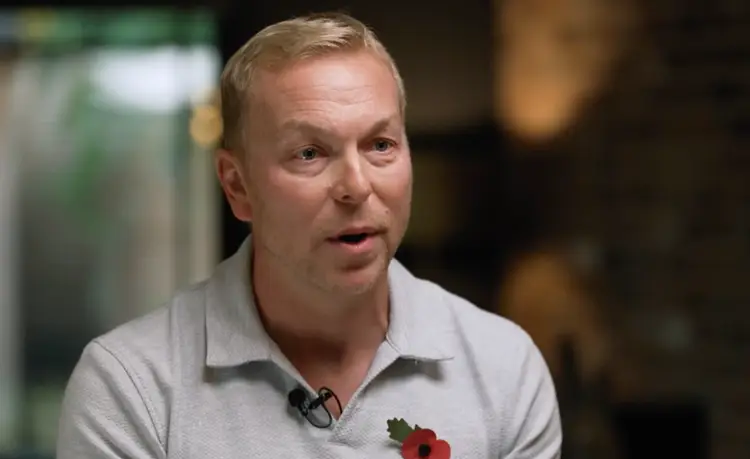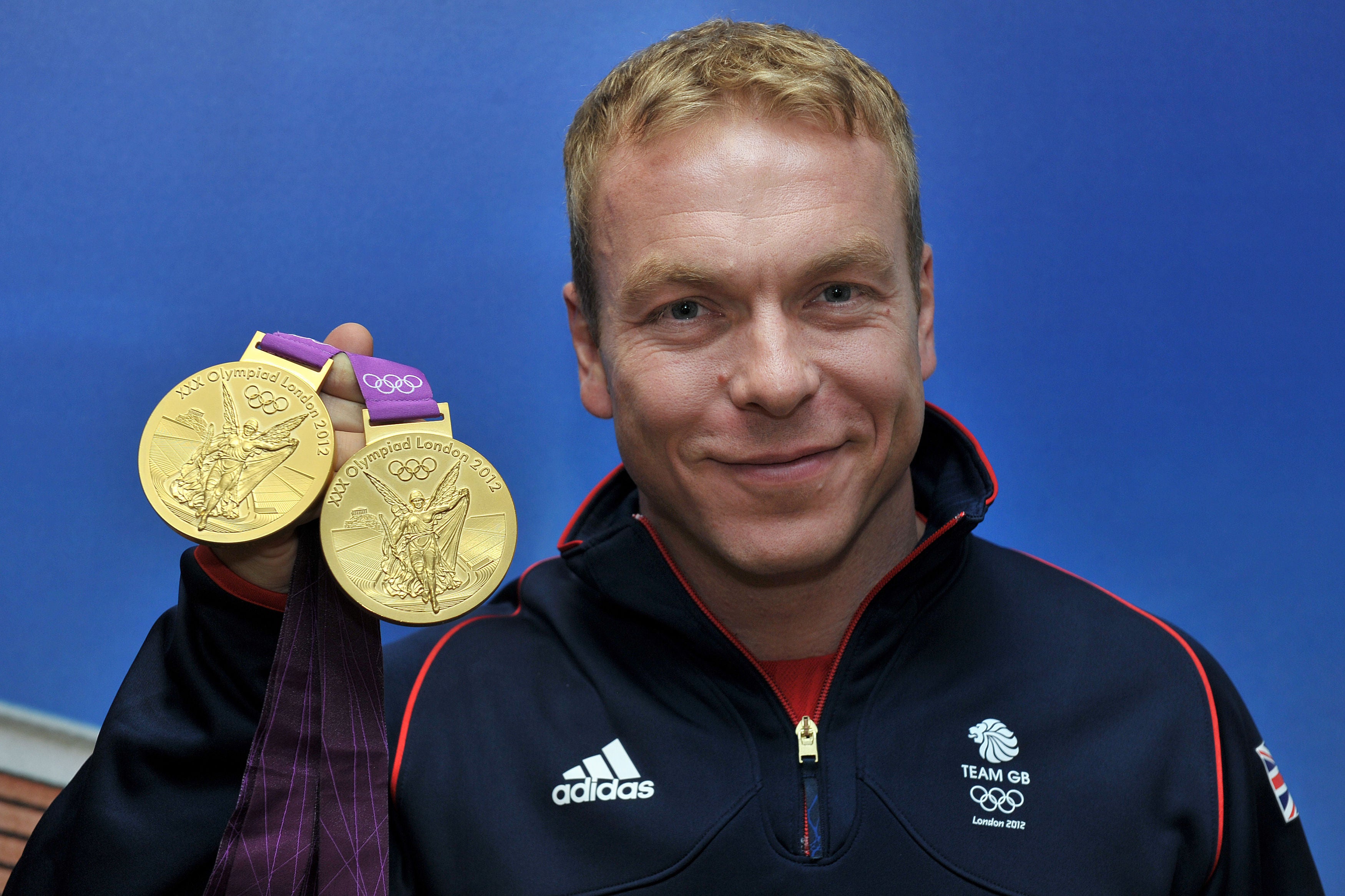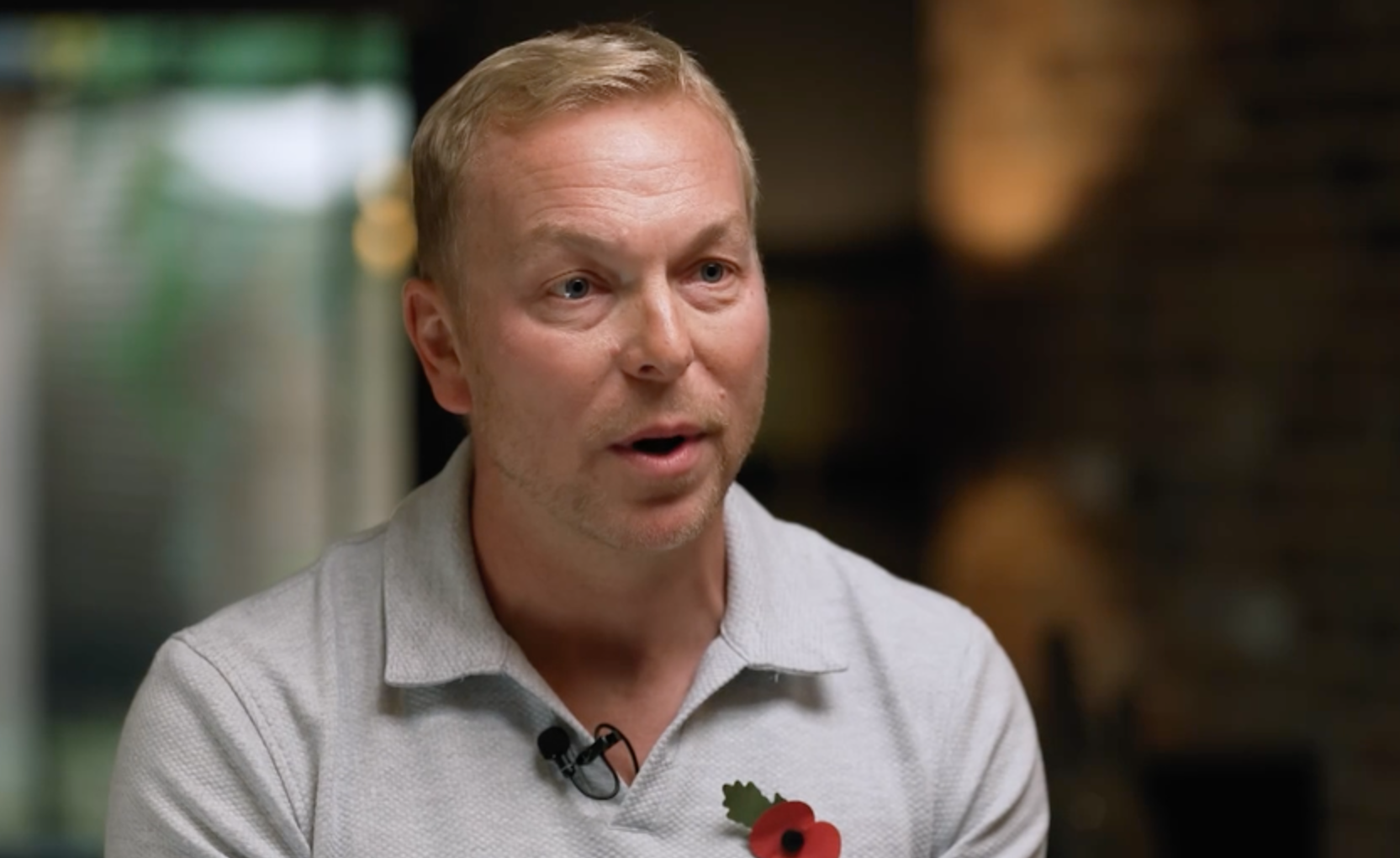Sir Chris Hoy describes ‘excruciating’ cancer treatment to keep hair for sake of son

Subscribe For Free Morning Headlines News!
Subscribe To Our Free Morning Headlines Email
Sir Chris Hoy has opened up about undergoing a painful new procedure to stop his hair from falling out, all for the love of his young son. This marks the first time he has shared the emotional struggle of facing his terminal cancer diagnosis.

Last month, the six-time Olympic champion disclosed that he has been given a prognosis of “two to four” years to live following a diagnosis of stage 4 prostate cancer. The disease has metastasized to his shoulder, pelvis, hips, ribs, and spine.
In a BBC interview, Sir Chris referred to the period following his diagnosis as a “living nightmare,” stating that the past year had been the most challenging of his life, making his cycling career seem “like a bit of fun” in comparison.
The 48-year-old shared his experience with treatment, mentioning that he had to wear an ice-cold cap, along with gloves and socks, which he referred to as “the toughest part.”
"They wore mittens and socks rated for -27°C, along with an ice cap," he explained. "The mittens and socks help preserve your sense of touch, while the ice cap is designed to prevent or reduce hair loss."
I don’t have much hair to begin with, so I wasn’t too worried about losing it; I figured it was a minor sacrifice. However, my son, Callum, was a bit concerned about the possibility of me losing my hair.
"I realized that this was something I genuinely wanted to pursue and felt was essential, but it turned out to be incredibly difficult. It was a real struggle, almost painful—like going through a tough ordeal."

He came up with a plan to focus on getting through just one minute of chemotherapy at a time to help manage the pain.
During the same interview, Sir Chris disclosed that he showed no signs of prostate cancer prior to being diagnosed with the disease at stage 4.
"I didn't experience any symptoms or alerts at all. The only thing I noticed was some discomfort in my shoulder and a slight pain in my ribs," he mentioned, explaining that he initially believed it was tendonitis or just soreness from working out. However, after taking some time to rest, the pain didn't improve.
"In an instant, your mind becomes a whirlwind of thoughts. It's as if your entire life is racing by in that moment," he shared. "It definitely doesn't seem real. You have this overwhelming urge to escape, feeling trapped like a wild animal. You just want to leave that consulting room, distance yourself from the hospital, and flee from everything."
"But you come to understand that you can't escape this; it's a part of you. This is merely the initial stage of learning to accept it."
Sir Chris is advocating for updates to the prostate cancer screening procedures. At present, the NHS does not have a national program for screening prostate cancer. However, men who are 50 years old or older can request a complimentary prostate-specific antigen (PSA) test from their general practitioner.
Sir Chris expressed his opinion that men with a significant family history of prostate cancer should start screening at a much younger age.
"I find it makes perfect sense to get tested sooner rather than later to identify any issues before extensive treatment becomes necessary. To me, it's an obvious choice."

































































